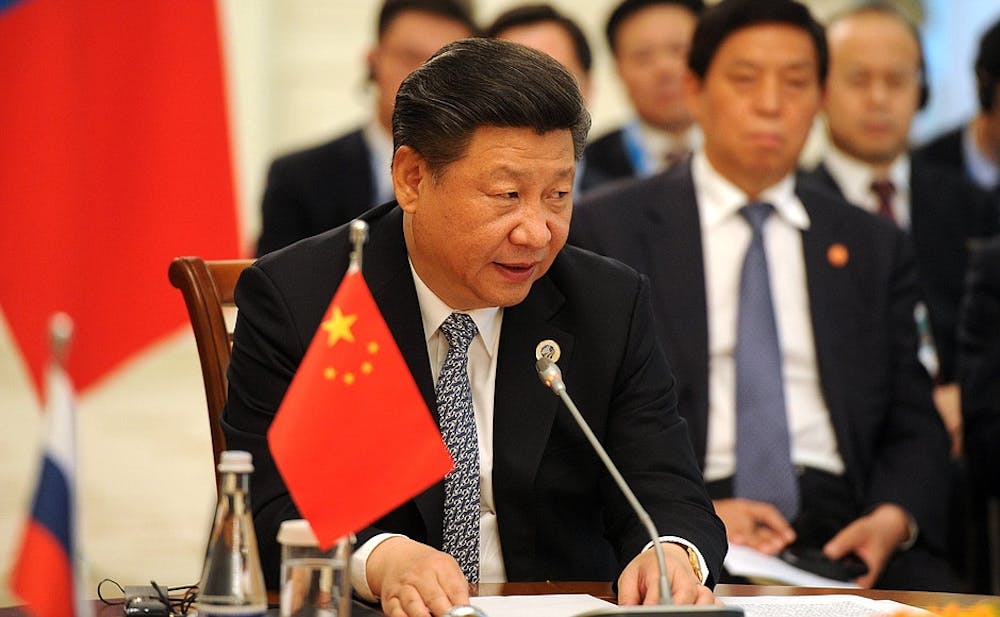Some people are saying Trump made a bit of a questionable diplomatic decision this week.
The relationship between the U.S. and China has always been a bit strained, so Trump’s phone call Thursday night to Chinese President Xi Jinping to wish him a happy Chinese New Year might seem like a good move on his part, right?
In that call, Trump said he would honor the “One China” policy, which recognizes the People’s Republic of China and ceases recognition of Taiwan. Under this, Beijing is the only governing capital. While Taiwan sees itself as an independent territory with a democracy and elected government, many countries do not recognize it, nor has it been permitted to join the United Nations as a member state.
The problem arises because right after winning the election, in December 2016, one of Trump’s first moves was to accept a congratulatory phone call –from Taiwanese President Tsai Ing-wen. This was the first conversation between a U.S. president and Taiwan’s leader since 1979, when the U.S. officially severed diplomatic ties with the country. That year, then-President Jimmy Carter officially recognized Beijing as the sole government of China, essentially saying Taiwan didn’t exist.
That’s a problem now because, following the “One China” policy, Taiwan doesn’t exist, which is in accordance with our official U.S. stance for over four decades.
So President Trump’s cordial speaking to their leader right after his 2016 election is in direct violation and really grinds China’s gears; not to mention Trump had previously expressed disinterest in the policy, saying he “wasn’t committed to a longstanding agreement with China over Taiwan,” according to an interview the Wall Street Journal published in January.
Then, Thursday night, he affirmed the U.S.’s accordance with the ‘One China’ policy while talking to President Xi. China’s state broadcaster CCTV has since announced Xi “praised” Trump’s stance, and continued that the countries were going to work together to “bring ‘more fruitful gains for the benefit of our two peoples and those in every country’”.
Some people are defending the December phone call, saying he wasn’t technically President until he was sworn in in January, so really it was just the action of a man, not a representative of the U.S. Shen Dingli, a professor of international relations at Fudan University addressed these remarks and the threats of Trump to legally declare China a “currency manipulator” thusly: “Trump has not taken office yet, so he is an ordinary person now.” Needless to say, China was having a hard time swallowing that explanation and Taiwan, who honestly came out to have a good time and is feeling so attacked right now, wasn’t too happy, either.
It’s important to remember that Trump has business interests in Taiwan; in November 2016, Trump was exploring the idea of constructing luxury hotels and resorts in northern Taiwan, the mayor of the Taoyuan county, Zheng Wencan, confirmed in the China Times. He also has previously cast strong criticisms at China –most recently, during his campaign, Trump accused the country of devaluing its currency and subsequently endangering American business, according to Reuters.
It is difficult to say how relations will develop moving forward, as this is a change to the policy the U.S. has followed since the 1970s.
In an article published by Stanford, Nicholas Hope, former director of the Stanford Center for International Development, had this to say: “The history of the 21st century is going to be determined by whether China and the U.S. develop a cooperative relationship for the good of us all or whether they don’t. Going forward, China will not accept the U.S. telling it what to do…It’s up to the U.S. to exercise leadership in a way that promotes a peaceful, productive world.”





